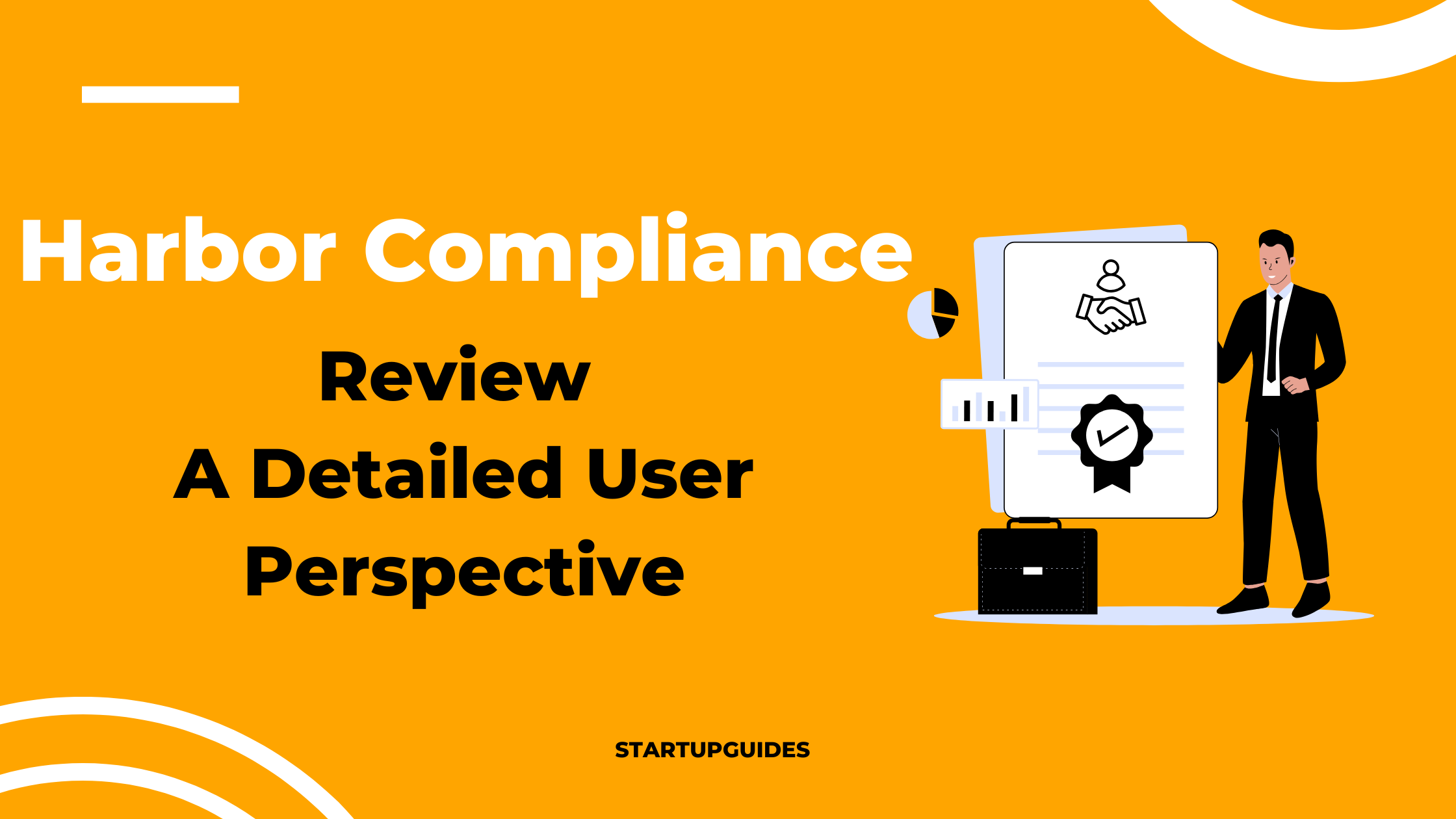Starting a business with a partner can be both thrilling and rewarding, especially when you’re in a state like Colorado that offers a business-friendly environment. If you’re considering forming a General Partnership in Colorado, you’ve come to the right place. This guide will help you understand the ins and outs of creating a general partnership, including the steps you need to take and the important aspects to consider. Whether you’re new to business ownership or just unfamiliar with the partnership structure, this guide will walk you through every necessary step.
What is a General Partnership in Colorado?
Before jumping into how to create a General Partnership (GP), it’s essential to understand exactly what a General Partnership is. A General Partnership is a business structure where two or more people (called partners) come together to carry on a business for profit. In Colorado, as in other states, this partnership allows each partner to share in the management, operations, profits, and losses of the business.
Key Features of a General Partnership:
- Shared Control: All partners share responsibility for managing the business. Unless otherwise agreed upon, decisions are typically made collectively.
- Pass-Through Taxation: One of the main benefits of a GP is the tax treatment. A general partnership itself does not pay income tax. Instead, each partner reports their share of the profits and losses on their personal tax return. This eliminates the possibility of double taxation, which can be a significant benefit compared to other business structures like corporations.
- Unlimited Liability: A major downside of a General Partnership is that partners are personally liable for any business debts or legal actions. If the business faces financial difficulty, creditors can go after the personal assets of each partner, such as their home, car, or savings.
- Flexibility: A General Partnership is easy to set up and offers partners a great deal of flexibility in how the business is managed and profits are distributed. Partners can create a custom partnership agreement to structure the business in a way that works best for them.
In essence, a General Partnership is a relatively simple structure that allows you to start a business with a partner, but it’s important to understand the liabilities and responsibilities that come with it.
How to Create a General Partnership in Colorado
Now that you have a basic understanding of what a General Partnership is, let’s take a deep dive into the steps required to form one in Colorado. The process is straightforward and doesn’t require a lot of paperwork, but there are some key actions you’ll need to take to ensure your partnership is legally recognized and compliant.
Step 1: Choose a Business Name
The first step in forming a General Partnership is deciding on a name for your business. This name will represent your partnership, and it’s essential to ensure it’s unique and legally available for use. Here’s how to proceed:
- Legal Name: In a General Partnership, the legal business name is typically the names of the partners (e.g., “John Doe and Jane Smith”). If you are using your own names, there’s no need to take any extra steps to register the business name.
- Doing Business As (DBA): If you want to operate your business under a name other than the partners’ legal names, you will need to file a DBA (Doing Business As) name with the Colorado Secretary of State. This helps to ensure that no other business in the state is using the same name and that your customers can identify your business easily.
Choosing a name is a simple yet crucial first step in getting your General Partnership off the ground. Be sure to select a name that is both professional and memorable.
Step 2: Draft a Partnership Agreement
While Colorado does not require a written partnership agreement by law, it’s highly recommended to have one. This agreement lays out the roles, responsibilities, and expectations for each partner and can save you a lot of potential headaches down the line. A well-crafted partnership agreement will help you avoid conflicts and misunderstandings with your business partner(s).
Here are some key elements that should be included in your partnership agreement:
- Ownership Percentages: Define how profits and losses will be divided among the partners. This can be split evenly, or it can be based on each partner’s investment, skills, or contributions.
- Decision-Making Process: Clarify how decisions will be made within the business. Will all partners need to agree on major decisions, or will certain decisions be delegated to individual partners? A good partnership agreement should clearly outline these procedures.
- Dispute Resolution: There’s always the possibility of disagreements between partners, so it’s wise to include a dispute resolution mechanism. This might involve mediation, arbitration, or another process to resolve issues without resorting to a lengthy and expensive court case.
- Exit Strategy: Outline the procedures for dissolving the partnership if one partner wants to leave or if the business is no longer viable. This can prevent confusion and help you deal with unexpected situations more smoothly.
Having a partnership agreement can significantly reduce conflicts and ensure that all partners are on the same page.
Step 3: Obtain an Employer Identification Number (EIN)
An Employer Identification Number (EIN) is a unique number assigned to your business by the IRS. It functions similarly to a Social Security Number (SSN) but for businesses. While not every business needs an EIN, a General Partnership will likely require one for several reasons:
- Tax Filing: Your EIN will be used when filing taxes, as the IRS requires a partnership to report its income, deductions, and other tax-related information.
- Opening a Bank Account: Most banks require an EIN to open a business bank account, which is essential for keeping your personal and business finances separate.
- Hiring Employees: If your partnership plans to hire employees, an EIN is mandatory.
The good news is that applying for an EIN is free and can be done online via the IRS website. You’ll need the names and Social Security numbers of the partners to complete the process.
Step 4: Obtain Required Licenses and Permits
Depending on the type of business you plan to run, you may need specific licenses and permits. In Colorado, businesses often need to apply for both state and local licenses. The requirements can vary depending on your business’s industry, location, and size.
- State Licenses: Some industries in Colorado, such as construction, healthcare, and food services, require state licenses. You’ll need to check with the Colorado Department of Regulatory Agencies to determine if your business requires any state-level permits or licenses.
- Local Permits: In addition to state-level requirements, you may also need to obtain local business permits from the city or county where your business will operate. Each local government has different rules, so be sure to check with your local authorities to make sure you’re in compliance.
Obtaining the right licenses and permits is crucial for keeping your business legal and avoiding fines or other penalties.
Step 5: Register for State Taxes
If your General Partnership will be collecting sales tax or employing workers in Colorado, you’ll need to register for state taxes with the Colorado Department of Revenue. The types of taxes you may need to register for include:
- Sales Tax: If you sell physical goods or certain services in Colorado, you will need to collect sales tax from customers and remit it to the state.
- Employment Taxes: If you hire employees, you must also register for state employment taxes. This includes withholding income tax from employees’ wages and paying unemployment insurance taxes.
To register, you’ll need to fill out the appropriate forms and submit them to the Colorado Department of Revenue. Once registered, you’ll receive a Colorado Tax ID Number, which you will use when filing your business taxes.
Step 6: Open a Business Bank Account
Opening a business bank account is one of the final steps in setting up your General Partnership. A separate business bank account is crucial for several reasons:
- Separate Finances: It’s important to keep your personal and business finances separate for tax and liability purposes. Having a business account makes this easier.
- Professionalism: Customers, clients, and suppliers will take your business more seriously when you can accept payments through a business account.
- Record Keeping: A business bank account helps you track income and expenses more efficiently, making your bookkeeping tasks much easier.
To open a business account, you will typically need your EIN, a partnership agreement, and proof of your business’s legal existence (such as your trade name registration or state filing documents).
Example of a General Partnership in Colorado
Let’s take a look at an example of how a General Partnership might be formed in Colorado.
Scenario: Mark and Lisa are two graphic designers who decide to start a design studio together. They want to form a General Partnership and begin operating under the name “Pixel Creators.”
- They choose the business name “Pixel Creators” and file a DBA with the Colorado Secretary of State.
- They create a partnership agreement that outlines their responsibilities, profit-sharing, and decision-making processes. According to the agreement, Mark will handle all client interactions, while Lisa will manage the design work.
- Mark and Lisa apply for an EIN online through the IRS website to handle their tax filings and open a business bank account.
- They check with the Colorado Department of Revenue and their local city government to ensure they have the necessary licenses and permits for operating a design business.
- Mark and Lisa then register for sales tax with the Colorado Department of Revenue because they plan to sell design services to clients.
- They open a business bank account to keep their finances separate and ensure that the business looks professional.
By following these steps, Mark and Lisa are able to launch their design studio without much hassle, knowing that they are operating legally and efficiently.
Important Information
Maintaining Your Business License in Colorado
Once you’ve set up your General Partnership and obtained all necessary licenses, it’s essential to stay on top of renewal dates. Licenses and permits typically need to be renewed annually or biennially, and failing to do so can result in fines or even business closure.
Regularly review local regulations to ensure your business remains in compliance. Colorado’s business environment can change, and it’s important to adapt your operations accordingly.
Paying Your Taxes in Colorado
As a General Partnership, you are responsible for filing taxes each year. Since partnerships are pass-through entities, you won’t file corporate taxes. Instead, the profits and losses of your business are passed through to you and your partner(s), who report them on your individual tax returns.
In addition to federal taxes, you must also be aware of Colorado’s state tax requirements. This includes registering for sales tax if applicable and submitting regular filings to the Colorado Department of Revenue.
Advantages of a General Partnership in Colorado
While there are certain risks associated with a General Partnership, there are also many benefits to this structure:
- Simplicity: A General Partnership is one of the easiest and least expensive business structures to establish. There’s minimal paperwork involved, and the requirements are straightforward.
- Flexibility: Partners have a great deal of flexibility in how the business is run. You can decide together how profits are shared, how decisions are made, and how the business is structured.
- Pass-Through Taxation: A General Partnership enjoys pass-through taxation, which avoids the double taxation that corporations face.
- Shared Responsibility: Operating as a partnership allows you to share both the workload and the decision-making process. You and your partner(s) can divide tasks based on your individual strengths.
FAQs
Do I need to register my General Partnership in Colorado?
No, but it’s recommended to file a DBA if you’re using a name other than the partners’ legal names.
Is a partnership agreement legally required?
No, but it’s highly advisable to have one to avoid conflicts.
Can a General Partnership hire employees?
Yes, a General Partnership can hire employees, but you will need an EIN and must comply with employment laws.
Are partners personally liable for business debts?
Yes, partners are personally liable for the debts and obligations of the partnership.
How do I dissolve a General Partnership?
Follow the procedures outlined in your partnership agreement or work with a legal professional to dissolve the partnership.





